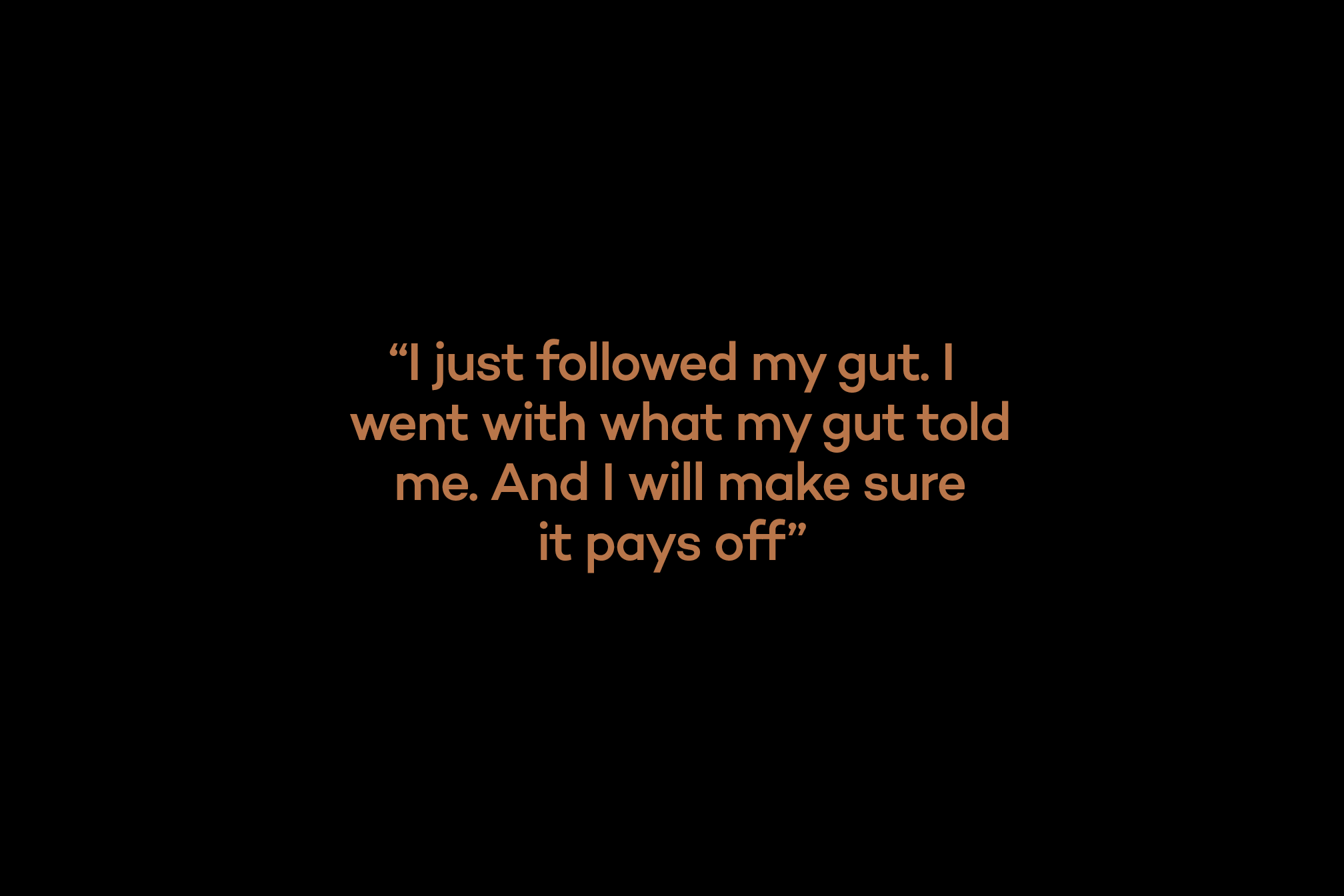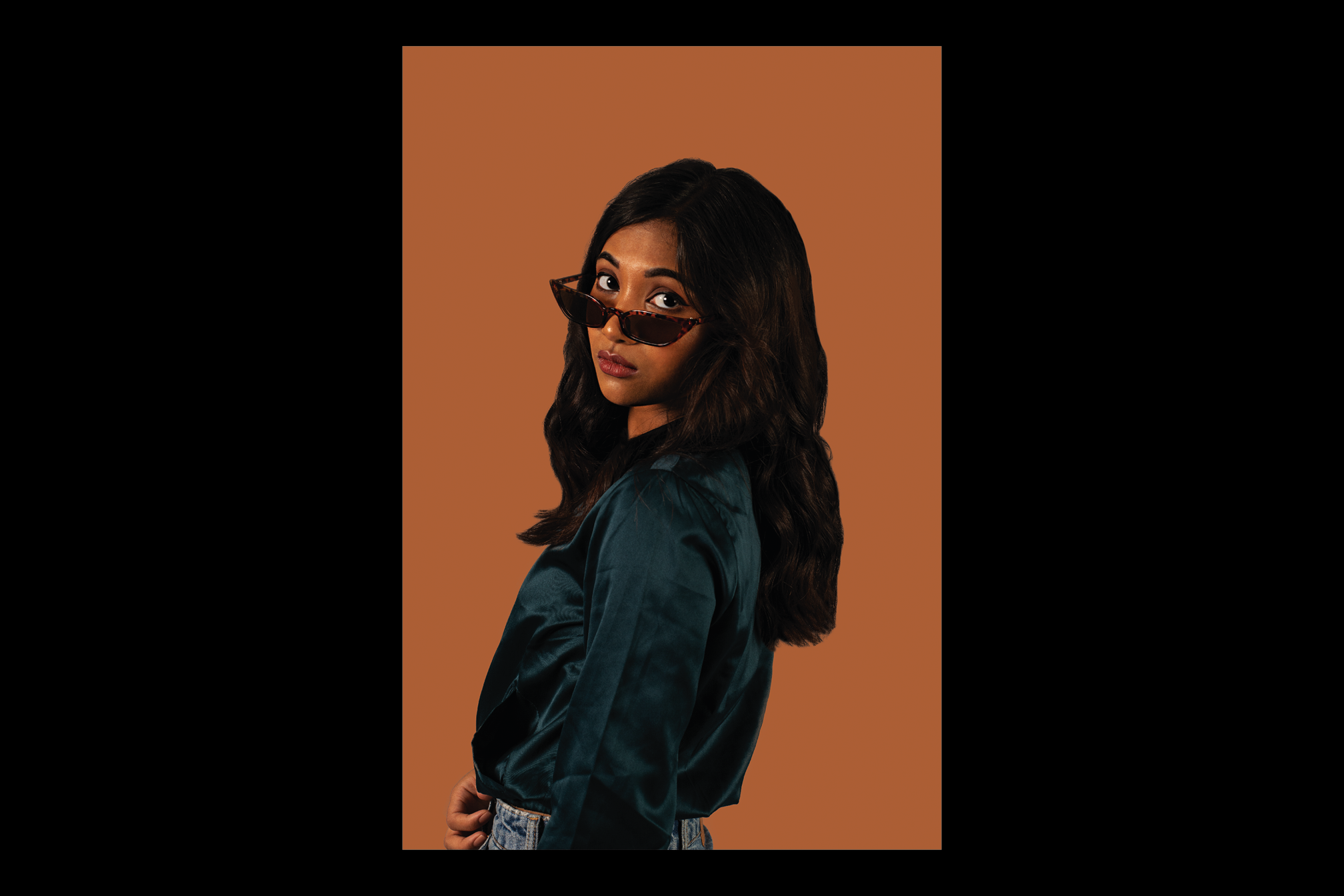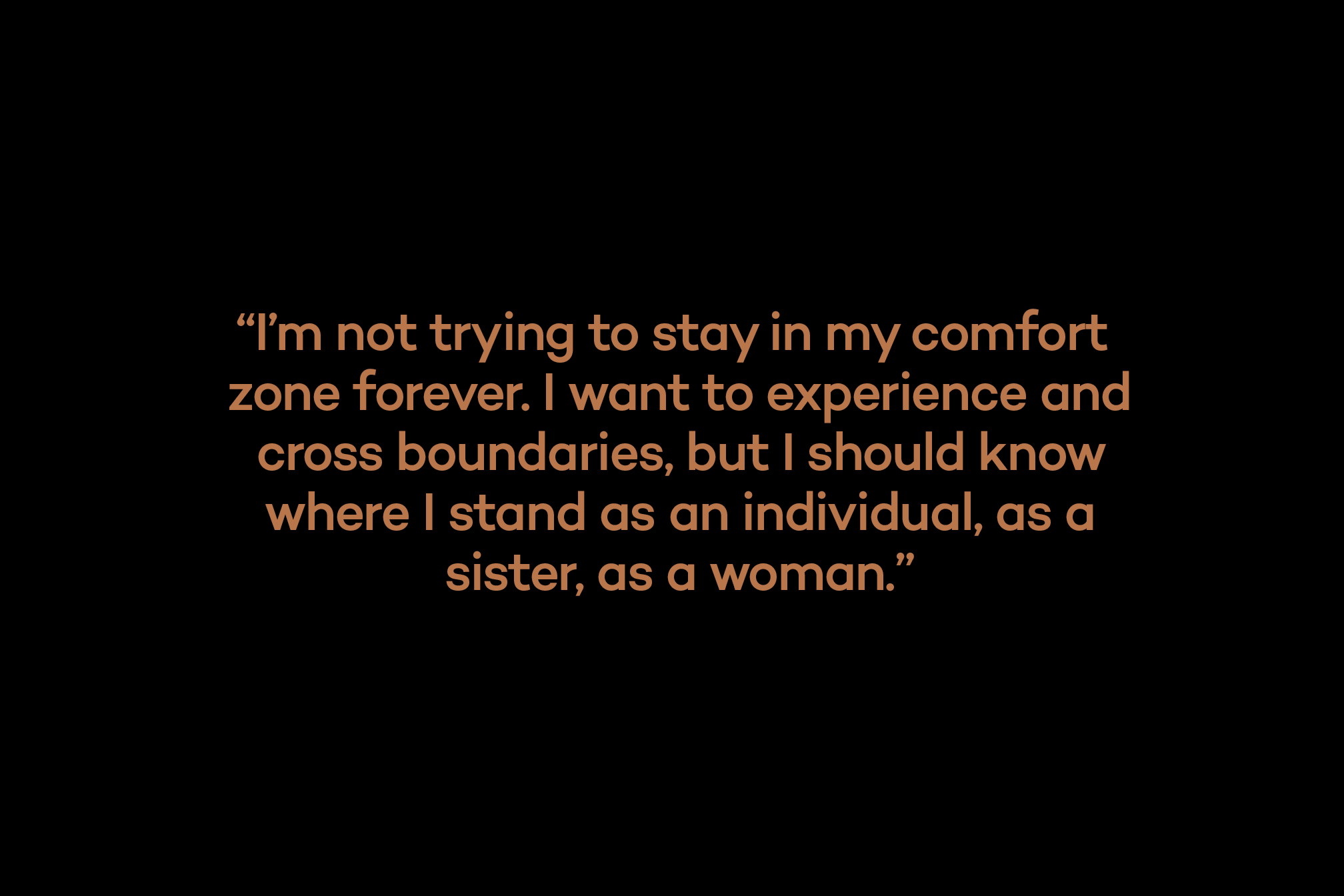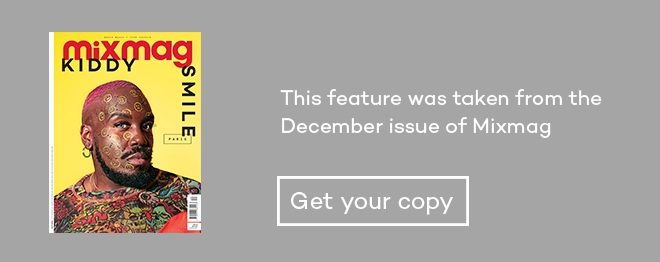 Cover stars
Cover stars
Gut instinct: Why Meba Ofilia quit law school to pursue her musical dream
Meba Ofilia is a trailblazing star of Indian hip hop
Meba Ofilia is one of the few female hip hop artists in India. She hails from the small hilltop town of Shillong in the north-eastern state of Meghalaya, and her single ‘Done Talking’, with Big Ri from Indian hip hop duo Khasi Bloodz, won her a European Music Award for Best Indian Act 2018. Its video has racked up almost 500,000 views on YouTube just a year after its release.
Since then her track ‘Lady Bizz’ has been featured on a shesaid.so (India) collaboration with Azadi Records, released to mark International Women’s Day back in March 2019. And in October, she featured on a track called ‘My Time’ by Bollywood actress Andrea Tariang.
Read this next: Dancefloors in India are bringing people together with an explosive energy
Awareness of hip hop in India rose massively in 2019, thanks in no small part to a smash-hit movie, Gully Boy. Although India’s young, ambitious youth have used hip hop and rap as a means to express their creativity in the past, the film – a Bollywood-style take on 8 Mile inspired by the lives of Indian street rappers Divine and Naezy – helped bring the genre to the mainstream, illustrating the excitement of hip hop culture and its possible rewards. Meba, though, remains a rare female trailblazer in what’s still a fledgling scene.
Before the Mixmag x BUDX Lab series launched in Mumbai, we talked to Meba about the success of her debut single, her journey since then and how she continues to carve her own path.

Congrats on the success of ‘Done Talking’! Were you expecting this level of hype?
“No, not at all! It’s so crazy. When Big Ri and I wrote it, we never really had a music video in mind. We never had it in our heads to send it to [TV channel] VH1 in the first place; we just wanted to make a song together. But when we got together and wrote it – with the help of so many people, management, the studio, everything – we were able to send it to VH1. And then it got nominated for Best India Act and then we won! It was an out-of-this-world feeling. Just being nominated, I was like, ‘Oh fuck. What am I going to do, like is this for real?’ We were the first Khasi [Meghalayan] act to get onto VH1 and be nominated in the EMAs, so it was something else. And then winning was something else again! We just didn’t expect it, because there were some pretty good contenders.
Who were you up against?
“We were up against [Indian-American singer-songwriter] Raj Kumari; [singer and actress] Monica Dogra was there...”
So what has your life been like since?
“Well, my personal life is still the same – but when it comes to my musical life, I think my priorities have changed. I remind myself to keep working hard, even harder than I did in the first year. My music comes before anything now. [Years ago] my friend asked me, ‘What do you want to do with this music?’ and I said, ‘Let it just be another hobby’. Time passed and the music grew on me, so I just decided to drop out of college and just start.”

How did you first get into music?
“At around ten or eleven I started listening to Destiny’s Child; at that time I only had TV so whatever was shown on the television, that was all I could hear. But then with YouTube coming in I got more exposed to many other artists – underrated artists.”
Would you say your sound and influences are r’n’b/soul?
“Yeah definitely: r’n’b, neo-soul. I take a lot from [those genres], but at the same time, I add my own charisma and flair.”
Read this next: Eight emerging artists who are changing the sound of soul
How does your music relate to who you are and where you’re from?
“I write music that is very personal, so I think feel like I’m putting myself out there for people. I also try to appeal to what people are feeling, or to give them company. So if one person out there is feeling the way I feel, then its good enough for me. I write a lot about love. I’m at an age where I’m going through experiences with relationships. The idea of love I put in my songwriting is very general. It could mean sibling love, it can mean parental kind of love, boyfriend, ex-boyfriend, husband, wife. And there are a few songs that are directed to past experiences I’ve had, which I hope some people can relate to.”
What has the response been like from your family and friends, your home town and India as a whole?
“My fanbase has grown, but it’s still very Shillong-based. From the small town that I come from I get a lot of support. Parts of the country also gave their immense support which we can never repay, and which Big Ri and I are very grateful for. I’ve also got many fans now that I don’t know personally. My family have been quite supportive – my mother’s a little bit sceptical, my dad is low-key supportive of me. I’m trying to convince them that this music thing is not a joke!”

Why is your mum sceptical?
“Well, coming from a very conservative family, they wanted me to be a lawyer – which I dropped out of, of course. I did it without their approval, so she was a bit angry with me.”
You were studying law and dropped out to pursue music?
“Yeah, I was in my final year – that was a risk.”
How did you feel when you did that?
“You know, I didn’t think anything… I just followed my gut. I went with what my gut told me. And I will make sure it pays off.”
Read this next: Magnetic Fields is India's glorious boutique festival
What are the particular challenges facing a woman in the industry?
“The kind of company I keep, they just treat me as another individual. I’ve not faced any discrimination, because I’m not really the kind to go out so much. My circle is quite small, and all men: my bandmates, Khasi Bloodz, are all men. I was surrounded by boys during my childhood, too. I have two brothers, and on my dad’s side there are his nephews. On my mum’s side there are women, but they’re all older than me, way older. I spent my childhood climbing trees, doing sports, playing outdoors, running, jumping.”
Where do you see yourself in five years?
“I have no idea, but I just want to be consistent with my work. You don’t know what’s going to happen. Of course I have plans, but at the same time I’m prepared for whenever I fall. I have a management team who tell me, ‘OK that isn’t you, you’re not supposed to do this, go back to where you were.’ Obviously, I’m not trying to stay in my comfort zone forever. I want to experience and cross boundaries, but I should know where I stand as an individual, as a sister, as a woman.”
Sandy Kaushik is a freelance writer, follow her on Twitter
Read this next: Get the best of Mixmag direct to your Facebook DMs



